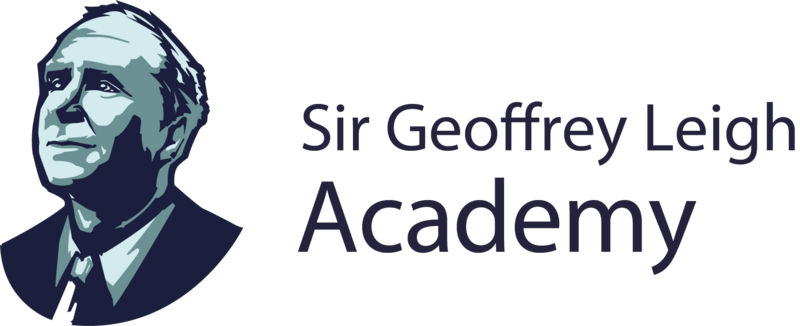
Physics is the most fundamental of the experimental sciences, as it seeks to explain the universe itself, from the very smallest particles to the vast distances between galaxies. Despite the exciting and extraordinary development of ideas throughout the history of physics, observations remain essential to the very core of the subject. Models are developed to try to understand observations, and these themselves can become theories that attempt to explain the observations.
Internal assessment (individual investigation): 20% External assessment: 80% It is the intention of this course that students are able to fulfill the following assessment objectives: 1. Demonstrate knowledge and understanding of: • facts, concepts, and terminology • methodologies and techniques • communicating scientific information. 2. Apply: • facts, concepts, and terminology • methodologies and techniques • methods of communicating scientific information. 3. Formulate, analyse and evaluate: • hypotheses, research questions and predictions • methodologies and techniques • primary and secondary data • scientific explanations. 4. Demonstrate the appropriate research, experimental, and personal skills necessary to carry out insightful and ethical investigations.
About Education Provider
| Region | South East |
| Local Authority | Kent |
| Ofsted Rating | Good |
| Gender Type | Co-Educational |
| Address | Green Street Green Road, Dartford, DA1 1QE |
Physics is the most fundamental of the experimental sciences, as it seeks to explain the universe itself, from the very smallest particles to the vast distances between galaxies. Despite the exciting and extraordinary development of ideas throughout the history of physics, observations remain essential to the very core of the subject. Models are developed to try to understand observations, and these themselves can become theories that attempt to explain the observations.
Internal assessment (individual investigation): 20% External assessment: 80% It is the intention of this course that students are able to fulfill the following assessment objectives: 1. Demonstrate knowledge and understanding of: • facts, concepts, and terminology • methodologies and techniques • communicating scientific information. 2. Apply: • facts, concepts, and terminology • methodologies and techniques • methods of communicating scientific information. 3. Formulate, analyse and evaluate: • hypotheses, research questions and predictions • methodologies and techniques • primary and secondary data • scientific explanations. 4. Demonstrate the appropriate research, experimental, and personal skills necessary to carry out insightful and ethical investigations.